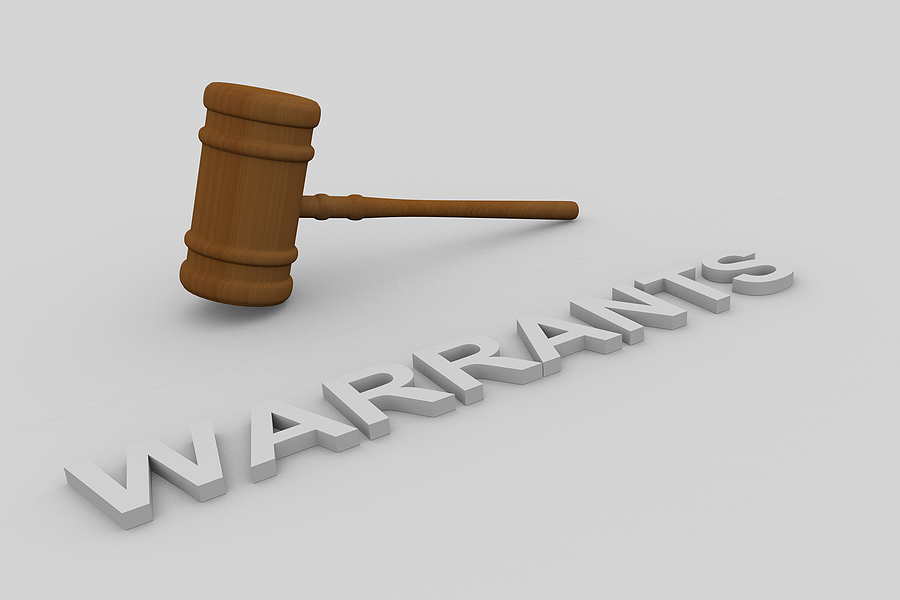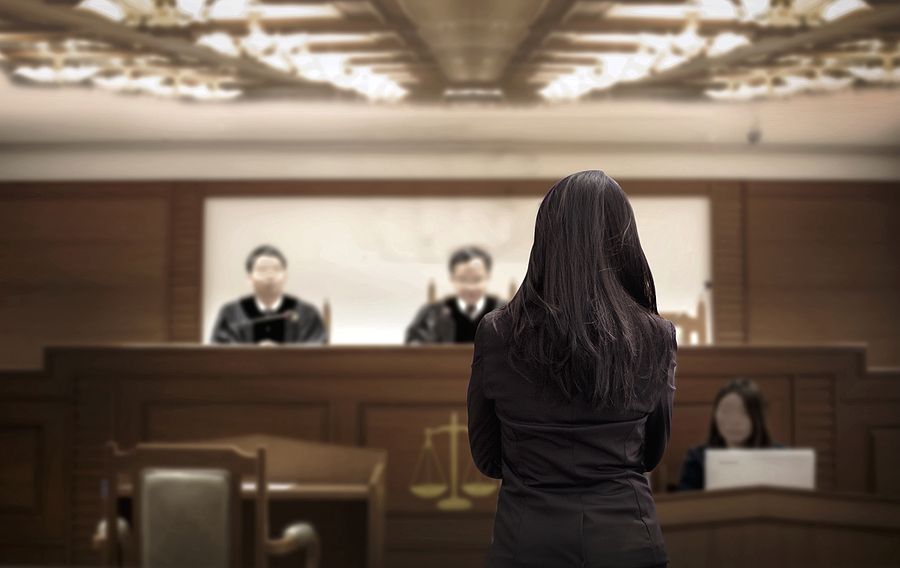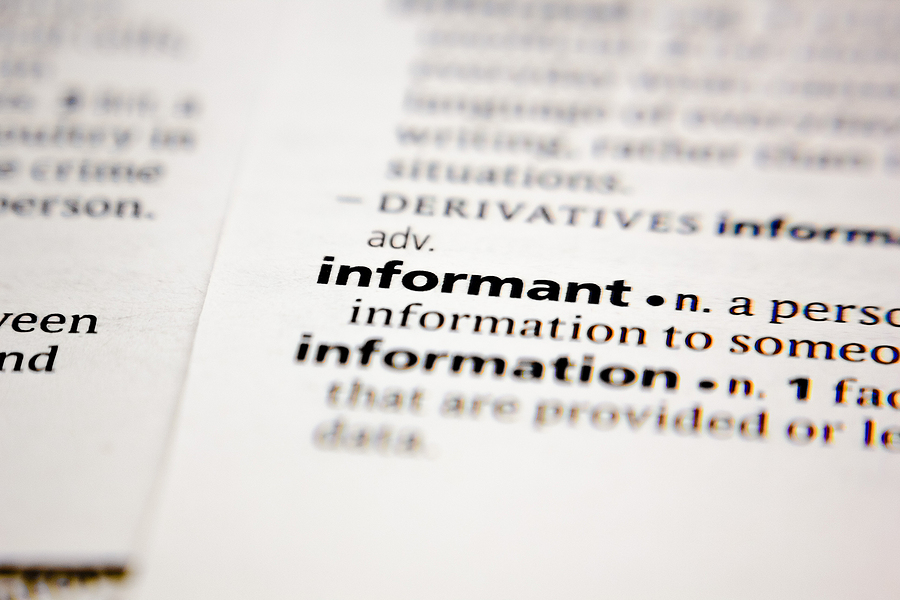Finding out there is a warrant for your arrest is a stomach-churning moment. Whether you discovered it through an online search, a letter in the mail, or a phone call from a relative, the sudden fear of losing your freedom is overwhelming. It’s a situation no one wants to face, but ignoring it only increases the risk of being arrested at work, at home, or during a routine traffic stop.
In Indiana, not all warrants are created equal. While the end result—being taken into custody—is often the same, the legal reasons behind the warrant and the procedures for resolving it can differ significantly. Understanding the distinction between a standard arrest warrant and a bench warrant is the first step toward regaining control of your situation and protecting your rights.

What Is an Indiana Arrest Warrant?
When people hear the word “warrant,” they usually picture an arrest warrant. This is a court order that authorizes law enforcement to take a specific person into custody to answer for an alleged crime.
An arrest warrant signifies the beginning of a new criminal case. It means the state believes you have committed an offense, and they are initiating the legal process to prosecute you.
How Arrest Warrants Are Issued
In Indiana, police officers cannot simply write up a warrant on their own. The process is governed by strict legal standards outlined in Indiana Code § 35-33-2-1. A warrant can generally only be issued in two ways:
- Indictment: A grand jury has reviewed evidence and determined there is enough to charge you with a crime.
- Probable Cause Determination: A judge reviews an “information” (a charging document filed by a prosecutor) or a probable cause affidavit submitted by law enforcement. If the judge determines that probable cause exists to believe you committed a crime, they will sign the warrant.
“Probable cause” is the legal threshold here. It means there are reasonable grounds—supported by facts and evidence—to believe a crime happened and you were the one who committed it.
What Is Included in the Warrant?
An arrest warrant is not a vague document; it must be specific to be valid. According to Indiana Code § 35-33-2-2, the warrant must be in writing and signed by a judge or clerk. It must explicitly include:
- Your Name: Or a description that identifies you with “reasonable certainty” if your name is unknown.
- The Offense: A clear statement of the nature of the crime you are accused of committing.
- Date and County: When and where the warrant was issued.
- Bail Amount: In many cases, the warrant will specify the amount of bail required for your release, though some serious charges may be non-bailable initially.
Execution of the Warrant
Once issued, the warrant is directed to the county sheriff. Under Indiana law (IC 35-33-2-3), law enforcement officers have broad authority to execute these warrants. They can arrest you on any day of the week and at any time of the day or night. Furthermore, if officers announce their authority and purpose and are not admitted, they are legally permitted to break open a door or window to execute the warrant.
What Is a Bench Warrant?
A bench warrant gets its name because it is issued directly from the “bench”—the judge’s seat in the courtroom. Unlike an arrest warrant, which launches a criminal case, a bench warrant is usually issued because a person has defied a court order or failed to follow procedural rules in an active or past case.
While an arrest warrant is about what you did (the alleged crime), a bench warrant is often about what you didn’t do (follow court instructions).
The Most Common Trigger: Failure to Appear
The most frequent reason for a bench warrant is a Failure to Appear (FTA). When you are arrested or charged with a crime, you are given dates to appear in court. According to Indiana Pretrial Services Rules, a failure to appear occurs when the court issues a warrant following a defendant’s non-appearance for court.
If you miss a hearing—whether it’s an initial hearing, a status conference, or a trial—the judge can immediately issue a bench warrant. This effectively treats your absence as contempt of court. It is worth noting that for minor traffic infractions, Indiana law has shifted away from issuing arrest warrants for missed court dates, often opting for license suspensions instead. However, for misdemeanor and felony cases, a missed court date almost guarantees a warrant.
Other Reasons for Bench Warrants
Beyond missing court, judges may issue bench warrants for:
- Probation Violations: If you allegedly fail a drug test, miss a meeting with your probation officer, or fail to complete community service.
- Failure to Pay: In some instances, failing to pay court-ordered fines or child support can lead to a type of civil bench warrant, often called a body attachment.
- Refusing a Subpoena: If you are a witness who refuses to appear in court after being legally summoned.
Get Help With Your Indianapolis Warrant Right Now ✅
Key Differences Between the Two
While both documents authorize police to handcuff you and take you to jail, the path to resolving them differs.
1. The Source of Initiation
- Arrest Warrant: Initiated by law enforcement or the prosecutor’s office filing charges based on an investigation. The judge acts as a gatekeeper to ensure probable cause exists.
- Bench Warrant: Initiated by the judge directly (sua sponte) or upon request by the probation department/prosecutor because of a procedural violation within the court system.
2. Bail and Release Conditions
- Arrest Warrant: Often has a pre-set bond amount endorsed on the warrant based on the severity of the alleged crime and the county’s bond schedule. In some cases, you may be able to post bail immediately after booking.
- Bench Warrant: These can be trickier. Because the defendant has already shown a disregard for court orders (by not showing up), judges frequently issue these as “no bond” warrants. This means if you are arrested, you cannot pay your way out; you must sit in jail until you can be brought before the judge, which could take days or weeks depending on the court’s schedule.
3. Resolution Strategy
Resolving an arrest warrant usually involves turning yourself in and fighting the underlying criminal charge. Resolving a bench warrant often involves filing a motion to “recall” or “quash” the warrant, explaining to the judge why you missed court (e.g., a medical emergency or notice sent to the wrong address) and asking for a new court date.
Why You Should Never Ignore a Warrant
Regardless of the type, an active warrant does not expire. It will remain in the system until you are arrested, or until you appear in court to address it. Living with an active warrant means looking over your shoulder constantly. You risk being arrested in front of your family, your employer, or your neighbors.
Furthermore, ignoring a warrant can complicate your legal defense. It creates a record of “flight risk,” which can make judges less likely to grant you low bail or release you on your own recognizance in the future.
Take Control of Your Case
The legal system in Indiana is complex, and the stakes are high. Whether you are facing a new charge via an arrest warrant or complications from a missed court date via a bench warrant, navigating the surrender and hearing process alone is dangerous.
An experienced attorney can often negotiate the terms of your surrender, potentially arrange for a bond reduction hearing, or file a motion to recall a bench warrant before you ever have to step foot in a jail cell.
If you suspect there’s an active warrant for you or a loved one, do not wait for the police to knock on your door. Contact Us Today for a free criminal case review in Indianapolis. We can help you verify the warrant status and build a strategy to resolve it with the least amount of disruption to your life.
Related Post: Types of Warrants in Indianapolis and How to Surrender to One


